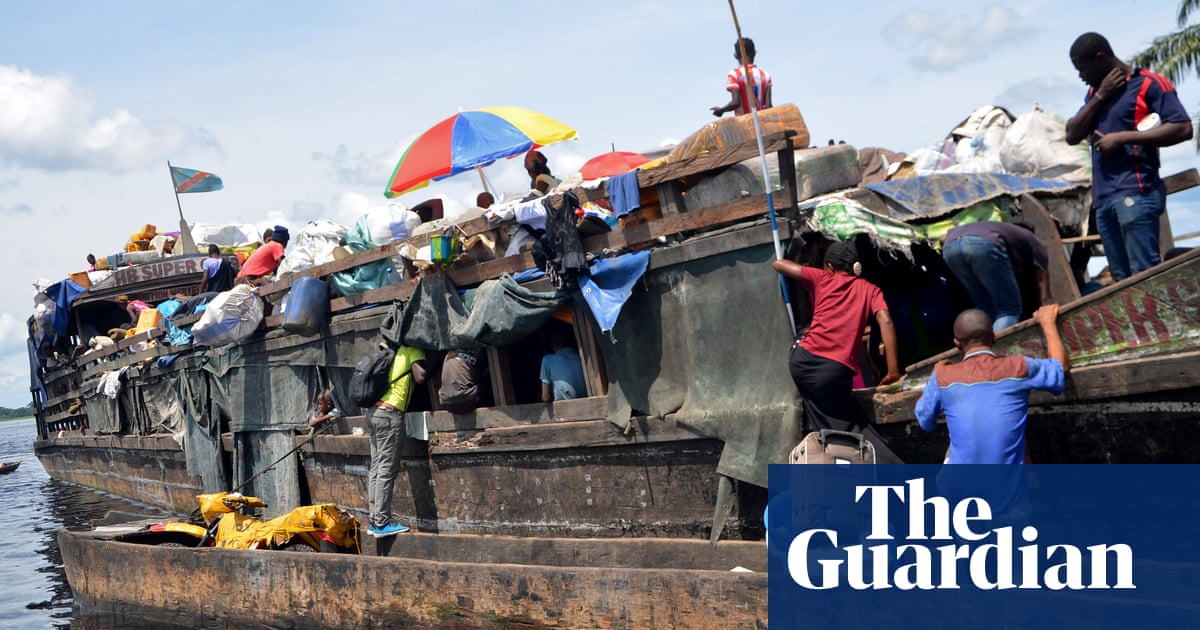The tragic incident reported in the Democratic Republic of Congo highlights significant issues surrounding maritime safety and emergency response in the region. The rising death toll and the plight of survivors reveal the dire consequences of systemic neglect in enforcing regulations that could prevent such disasters.
Purpose of the Report
The article aims to bring attention to the severe consequences of inadequate maritime safety measures in the Congo. By detailing the rising death toll and the suffering of survivors, it underscores the need for better regulations and humanitarian assistance. This narrative seeks to evoke public sympathy and pressure authorities to take action regarding maritime safety.
Public Perception
This report is likely to create a sense of urgency and concern among the public regarding the safety of river travel in the Congo. It paints a grim picture of the dangers faced by those who rely on waterways for transportation, particularly emphasizing the vulnerability of women and children. The inclusion of quotes from officials adds to the weight of the message, calling for immediate changes in policies and practices.
Potential Omissions
While the article is informative, it may downplay the broader societal and governmental issues that contribute to such disasters. By focusing on the immediate aftermath and the human cost, it might obscure the long-standing neglect of infrastructure and regulatory enforcement that leads to repeated tragedies. There may also be underlying political factors or corruption that are not addressed.
Manipulative Elements
The report has a moderate level of manipulativeness, primarily through its emotional appeal and the use of vivid imagery related to suffering and loss. Although it doesn't overtly target specific groups, it highlights the failures of authorities, which could lead to public outrage. The language used emphasizes the tragedy and desperation of the situation, potentially stirring emotions to motivate action.
Truthfulness of the Report
The information provided appears to be factual, citing credible sources such as government officials and organizations like the Red Cross. However, the context and broader implications of the incident can be interpreted in various ways, depending on political and social perspectives.
Implications for Society and Politics
This incident has the potential to impact public opinion regarding government accountability and the need for improved safety regulations. It may lead to increased scrutiny of local authorities and calls for reform in maritime safety protocols. Economically, a rise in public concern could affect tourism and local trade that relies on river transport.
Target Audience
The report resonates more with communities directly affected by such incidents, particularly those who rely on river transport for their livelihoods. Additionally, it appeals to human rights advocates and organizations concerned with safety and humanitarian issues.
Market Impact
While this news may not have a direct impact on stock markets, companies involved in maritime transport or humanitarian aid could see increased attention and possibly funding or investment opportunities as a result of the heightened awareness around these issues.
Geopolitical Context
The event is part of a larger narrative concerning governance and infrastructure in developing nations. It reflects ongoing challenges in ensuring safety and security for populations reliant on precarious transport methods. This aligns with current global discussions about sustainable development and humanitarian assistance.
Use of AI in Reporting
There is little evidence to suggest that AI was used in the writing of this article. However, if AI were employed, it could have been utilized to optimize language for emotional impact or to analyze data trends in maritime accidents to strengthen the narrative. The focus on human suffering and the need for action may have been enhanced through algorithms that identify impactful storytelling techniques.
The article effectively draws attention to a critical issue, but it also raises questions about systemic failures and the need for comprehensive solutions. The focus on emotional appeal, while compelling, may overshadow deeper, underlying problems that need to be addressed for lasting change.
